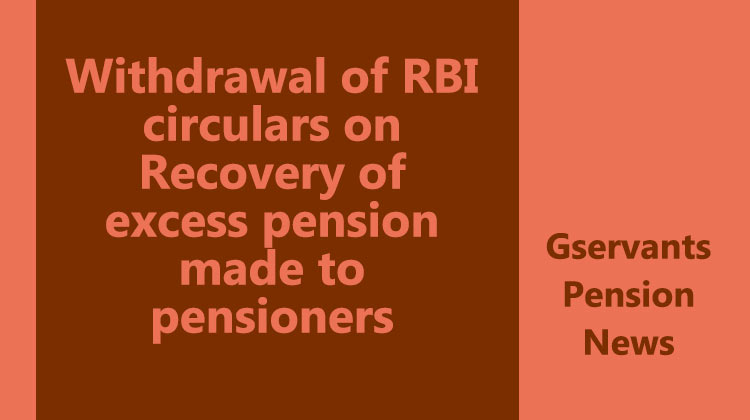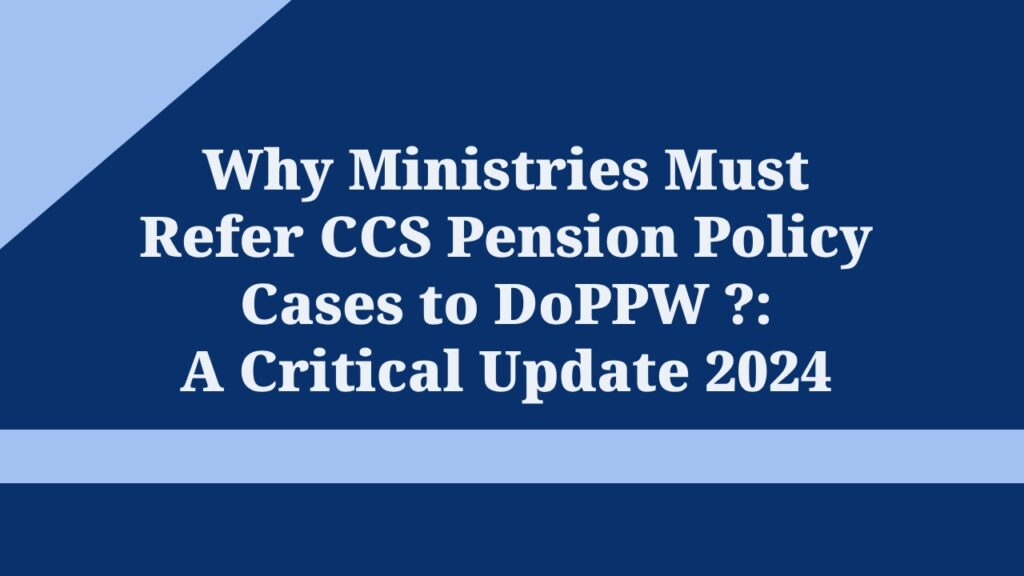PENSION FUND REGULATORY AND DEVELOPMENT AUTHORITY
EXPOSURE DRAFT
ON GUIDELINES FOR WITHDRAWAL OF 25 % OF ACCUMULATED CONTRIBUTIONS BY NPS SUBSCRIBERS
As per Chapter VI, Sec 20 (2b) of the PFRDA act, 2013 it has been provided that withdrawals, not exceeding twenty-five percent (25%) of the contribution made by the subscriber, may be permitted from the individualpension account subject to the conditions, such as purpose, frequency and limits as may be specified by the regulations.
Keeping the above in perspective, the draft guidelines for withdrawal of 25 % of accumulated contributions by NPS subscribers are proposed and comments from the public and all concerned are invited. It may also be noted that suggestions on addition/alteration in the proposed guidelines can also be given. Comments/Feedback may be forwarded by email to the e-mail id [email protected] latest by 15.02.2014. Comments should be given in the following format:
| Name of entity/ person | |||
| Sr.No. | Pertains to which Section/sub-section and Page number | Proposed/ suggested changes | Rationale
|
Written comments in the above format may be addressed to:
Mr. Sumit Kumar
Dy. General Manager
Pension Fund Regulatory & Development Authority
1st Floor, ICADR Building, Vasant Kunj Institutional Area Phase – II
Vasant Kunj, New Delhi – 110070
PENSION FUND REGULATORY AND DEVELOPMENT AUTHORITY
INTRODUCTION
As per Chapter VI, Sec 20 (2b) of the PFRDA act, 2013 it has been provided that withdrawals, not exceeding twenty-five percent (25%) of the contribution made by the subscriber, may be permitted from the individualpension account subject to the conditions, such as purpose, frequency and limits as may be specified by the regulations. In order to finalise the regulations for withdrawals, it becomes imperative to develop the formal aspects of the permitted withdrawals allowed under the Act for the benefit of NPS subscribers.
EXISTING EXIT / WITHDRAWAL GUIDELINES UNDER NATIONAL PENSION SYSTEM (NPS)
The current exit / withdrawal guidelines under NPS are framed in such a manner that the subscriber has a long period of accumulation of corpus for providing him with a decent accumulated pension wealth when he retires or he moves out of the regular work routine due to age. Also, it lets the subscriber have the freedom to move out of the scheme at any point of time, irrespective of cause or reason which determines the complete exit from the scheme.
The following are the current rules/guidelines for withdrawals under NPS as approved by PFRDA:
a) Exit from NPS upon attaining the age of Normal superannuation (for govt. employees only) or upon attaining the age of 60 years (for all subscribers other than govt. employees): At least 40% of the accumulatedpension wealth of the subscriber needs to be mandatorily utilized for purchase of an annuity providing for the monthly pension of the subscriber and the balance is paid as a lump sum payment to the subscriber.
b) Exit from NPS before attaining the age of Normal superannuation (for govt. employees only) or before attaining the age of 60 years (for all subscribers other than govt. employees): At least 80% of the accumulatedpension wealth of the subscriber needs to be utilized for purchase of an annuity providing for the monthly pensionof the subscriber and the balance is paid as a lump sum payment to the subscriber.
c) Upon Death: The entire accumulated pension wealth (100%) would be paid to the nominee / legal heir of the subscriber.
For Swavalamban withdrawals under (a) & (b) in the previous page, there is an overriding condition on the lump sum payment payable due to which the entire accumulated pension wealth would be annuitised in case if the monthly pension obtained by using the 40%/80% of the pension wealth is below Rs.1000/- per month. Also, these exit/withdrawal rules as applicable to NPS can be modified/altered from time to time by the Authority as the NPS progresses.
BACKGROUND
The withdrawal of 25% of accumulated contributions under NPS is in addition to the withdrawal permitted at the time of exiting from NPS by the subscriber as specified above. The subscriber can continue to contribute in the scheme while using such withdrawal facility. These guidelines shall determine the circumstances under which the NPS subscriber can avail such withdrawal functionality under different time frames and thereby putting certain limits to which shall be adhered by him/her.
The guidelines are framed taking into the purpose and object of NPS i.e., to ensure a decent accumulated pensionwealth in the accounts of the subscribers at the time of exit.
FEEDBACK /COMMENT PERIOD
The Feedback /Comments on this exposure draft received till 15th February, 2014 would be considered for evaluation by PFRDA. The decision of PFRDA on all and any matters related to the subject matter is final and binding on all stakeholders.
PROPOSED GUIDELINES FOR WITHDRAWAL OF 25 % OF ACCUMULATED CONTRIBUTIONS BY NPS SUBSCRIBERS
As per Chapter VI, Sec 20 (2b) of the PFRDA act, 2013 it has been provided that withdrawals, not exceeding twenty-five percent (25%) of the contribution made by the subscriber, may be permitted from the individualpension account subject to the conditions, such as purpose, frequency and limits as may be specified by the regulations. As the decision in this regard has to form part of the regulations to be made under Sec 52 of PFRDA Act, we need to arrive at a decision on the matter purpose, frequency and limits of such withdrawals which would be allowed.
Posts examining the various aspects of the probable needs and duration, following aspects have been proposed in respect of the aforesaid guidelines:
(a) Purpose: This withdrawal may be treated as partial withdrawal and whereby the subscriber can withdraw not exceeding twenty-five percent (25%) of the contribution made by the subscriber, may be permitted from theindividual pension account for any of the following purposes only:
i) For Higher education of his/her children including a legally adopted child.
ii) For the marriage of his/her children, including a legally adopted child.
iii) For the purchase/construction of residential house or flat. However, if the subscriber already owns a residential house or flat, the same is not allowed as a ground for the withdrawal.
iv) Treatment for prescribed illnesses – suffered by subscriber or his legally wedded spouse and children. For this purpose, the prescribed illness referred above consists of hospitalization and treatment for the following diseases/illnesses:
1. Cancer
2. Kidney Failure (End Stage Renal Failure)
3. Primary Pulmonary Arterial Hypertension
4. Multiple Sclerosis
5. Major Organ Transplant
6. Coronary Artery Bypass Graft
7. Aorta Graft Surgery
8. Heart Valve Surgery
9. Stroke
10. Myocardial Infarction (First Heart Attack)
11. Coma
12. Total blindness
13. Paralysis
b) Limits: It has been proposed that there should be limitation on eligibility as well as the maximum limit for eachwithdrawal that can be permitted till the person stays invested in National Pension System. We propose the following eligibility criteria and limit for availing the benefit:
1. The subscriber should have been in NPS for at least ten years and contributing to the scheme.
2. Subscriber can withdraw accumulations not exceeding twenty-five percent (25%) of the contributions made by him and standing to his credit in his NPS account, as on the date of application for withdrawal.
c) Frequency:
It is recommended that the subscriber may be allowed to withdraw at the most three (3) times from the scheme during the tenure and should have a gap of at least 5 years before availing the withdrawal facility for the nexttime. However, the mandatory requirement of 5 years gap between two successive permitted withdrawals would not be applicable in case of “treatment for above prescribed illnesses”.
We are proposing the above frequency in order to make sure that the subscriber should be left with a decent and considerable accumulated pension wealth at the time of superannuation/age of 60 years enabling him to purchase sustainable annuity.
The request for withdrawal should be sent along with relevant document through the Nodal Office/POP/Aggregator to Central Record Keeping Agency for processing of the withdrawal claim.


All India Central and State Govt Employess Join https://www.facebook.com/groups/620471124656168/ this group.
Be unite and fite angainst new pension sheme, so that we can get old penion system for us. As nps has many drawbacks.
Like no gurntee of pension and family penion after death.
SALARY IS OUR PRESENT…PENSION IS OUR FUTURE
In some states like Punjab and Himachal Pardesh Unions of CPF/NPS Employees are formed and stated functioning. For details join above group of facebook.
Make union in your state or contact with existing union in Punjab and Himachal Pardesh.